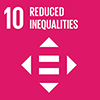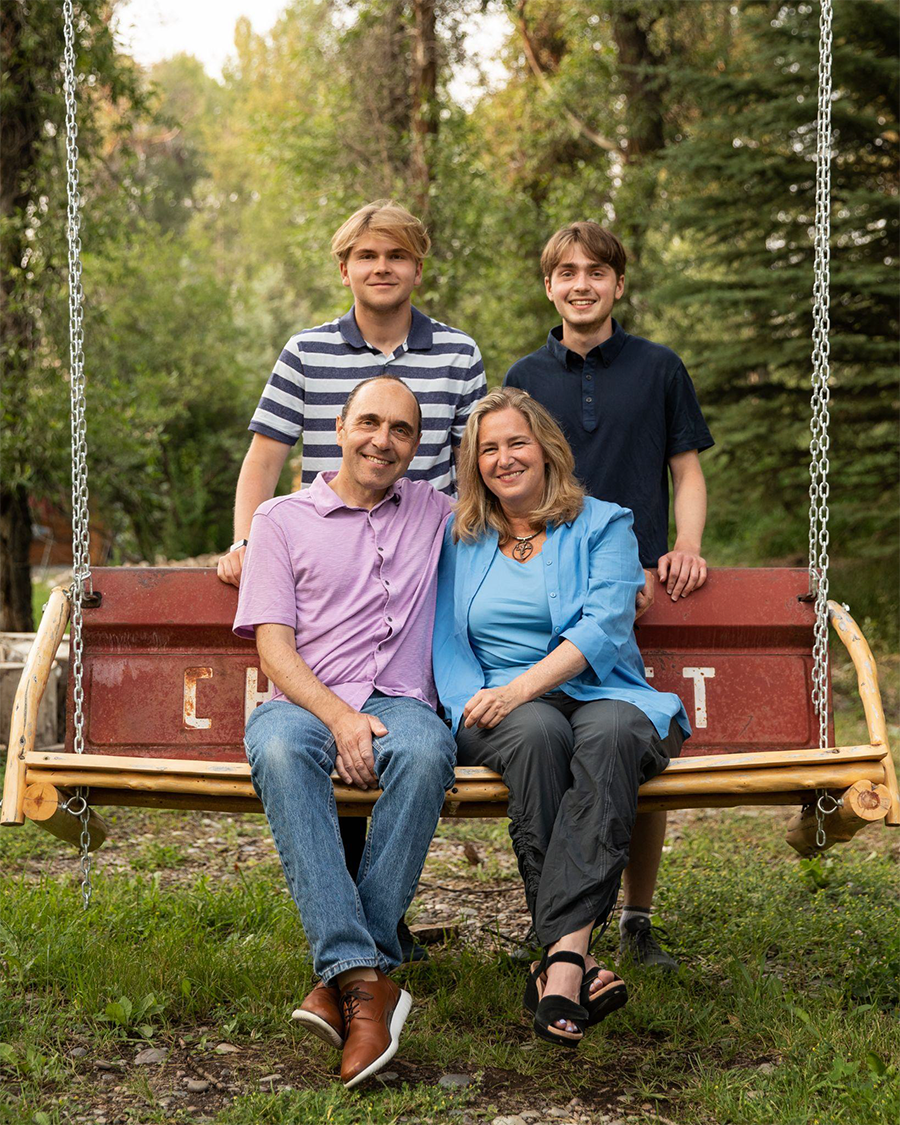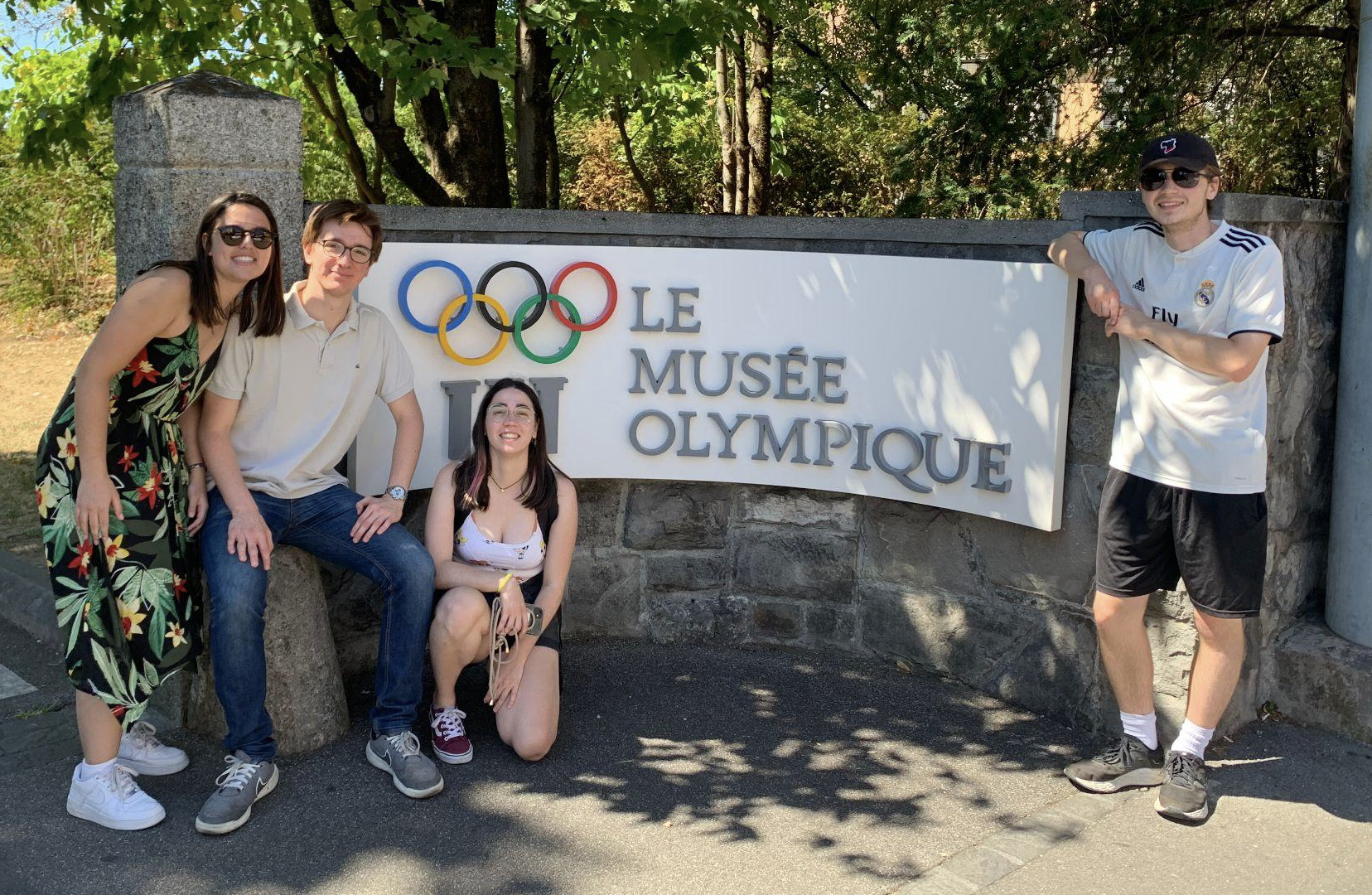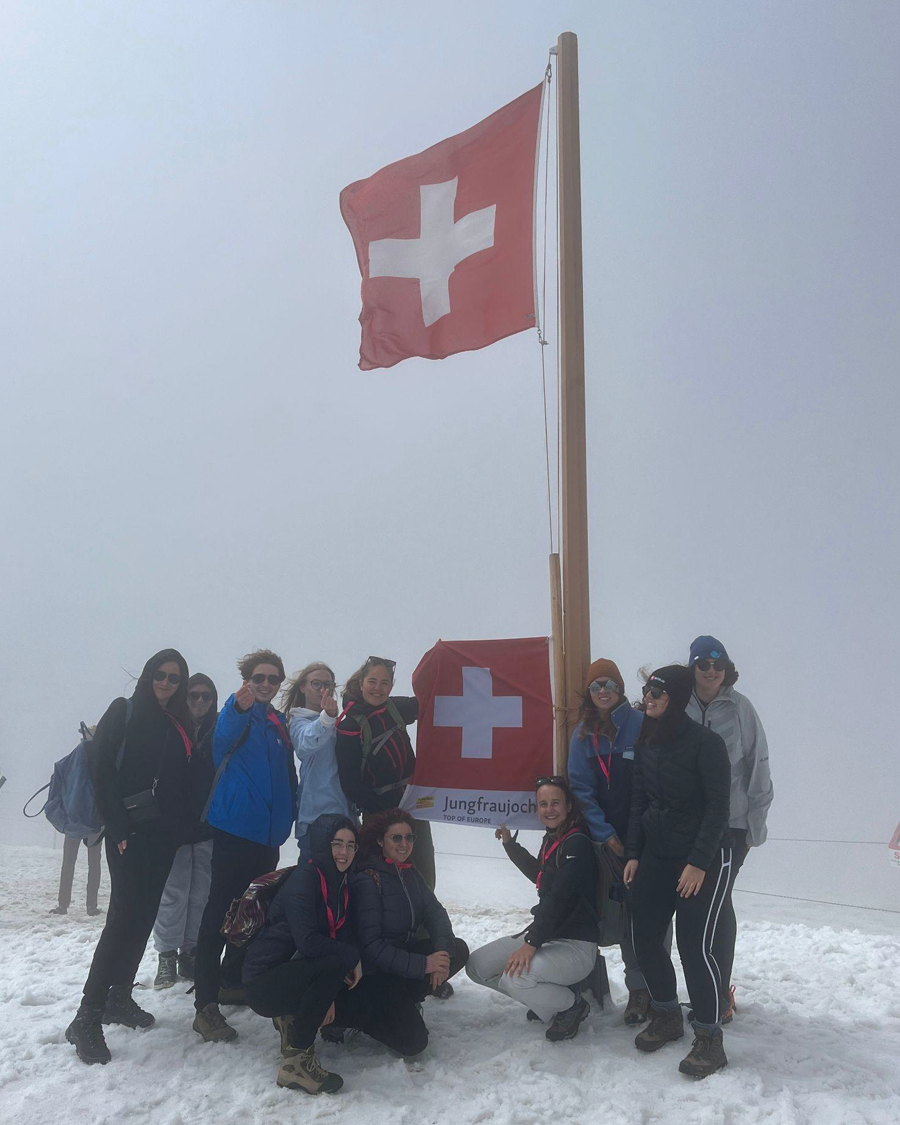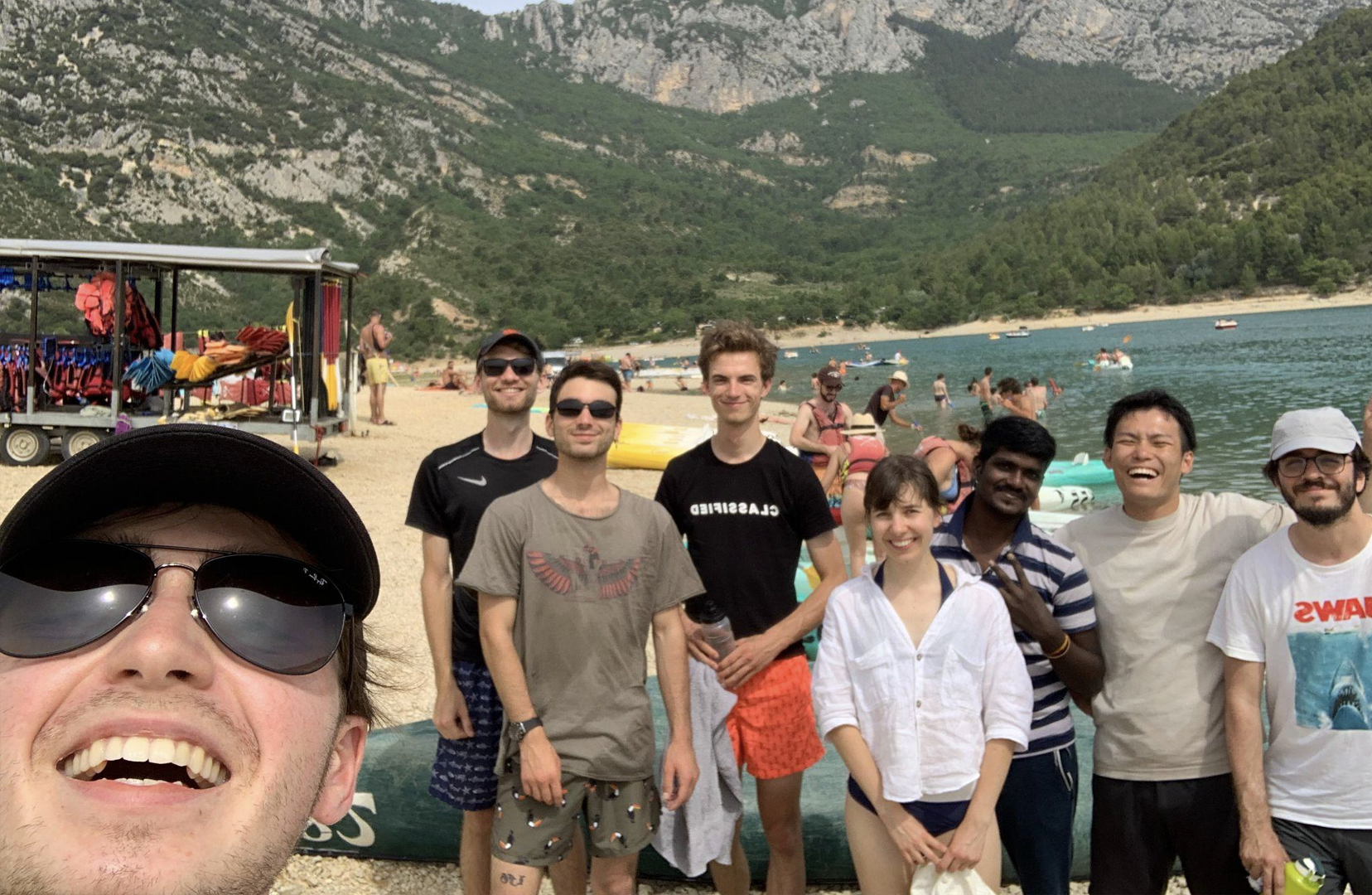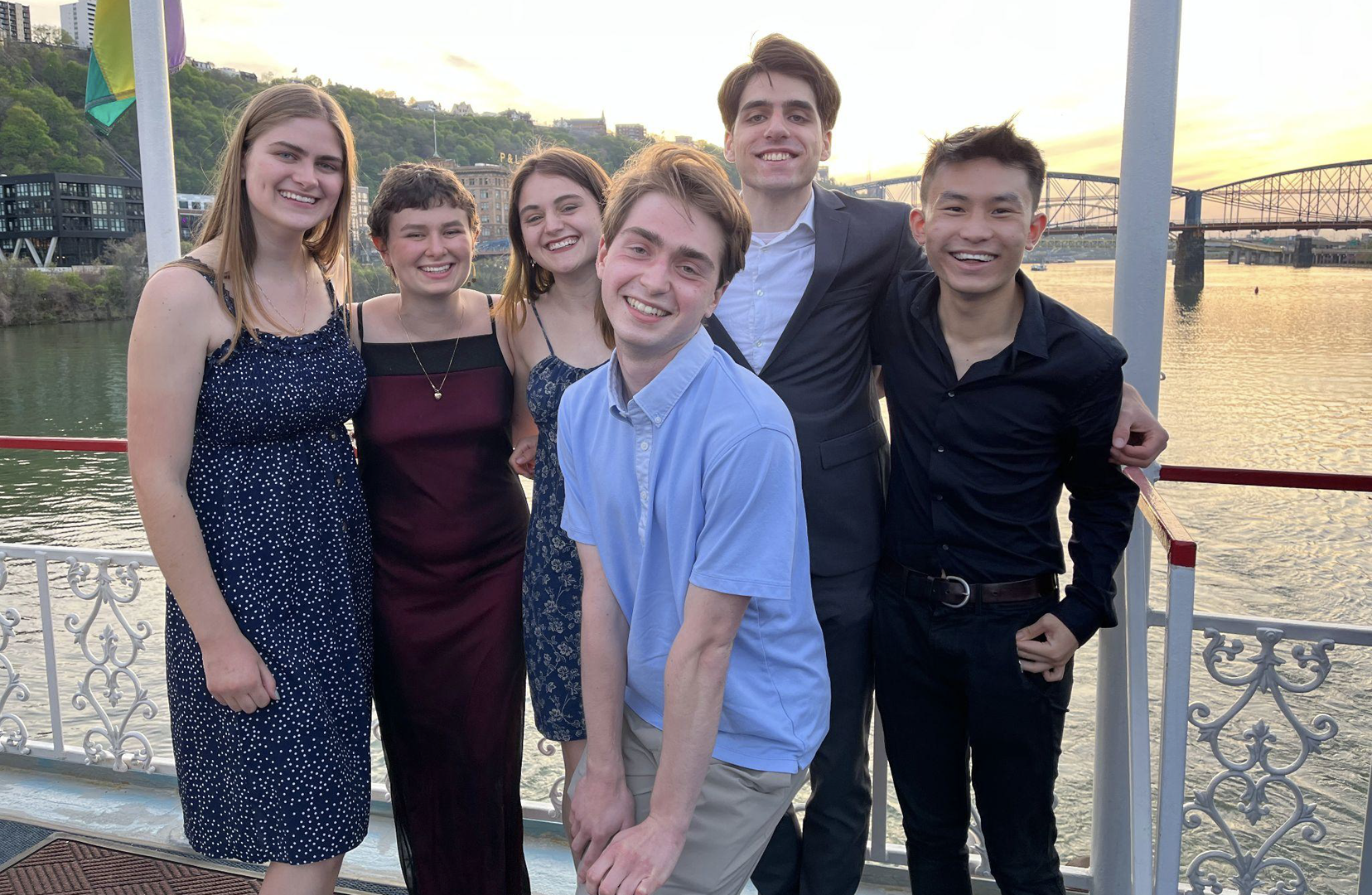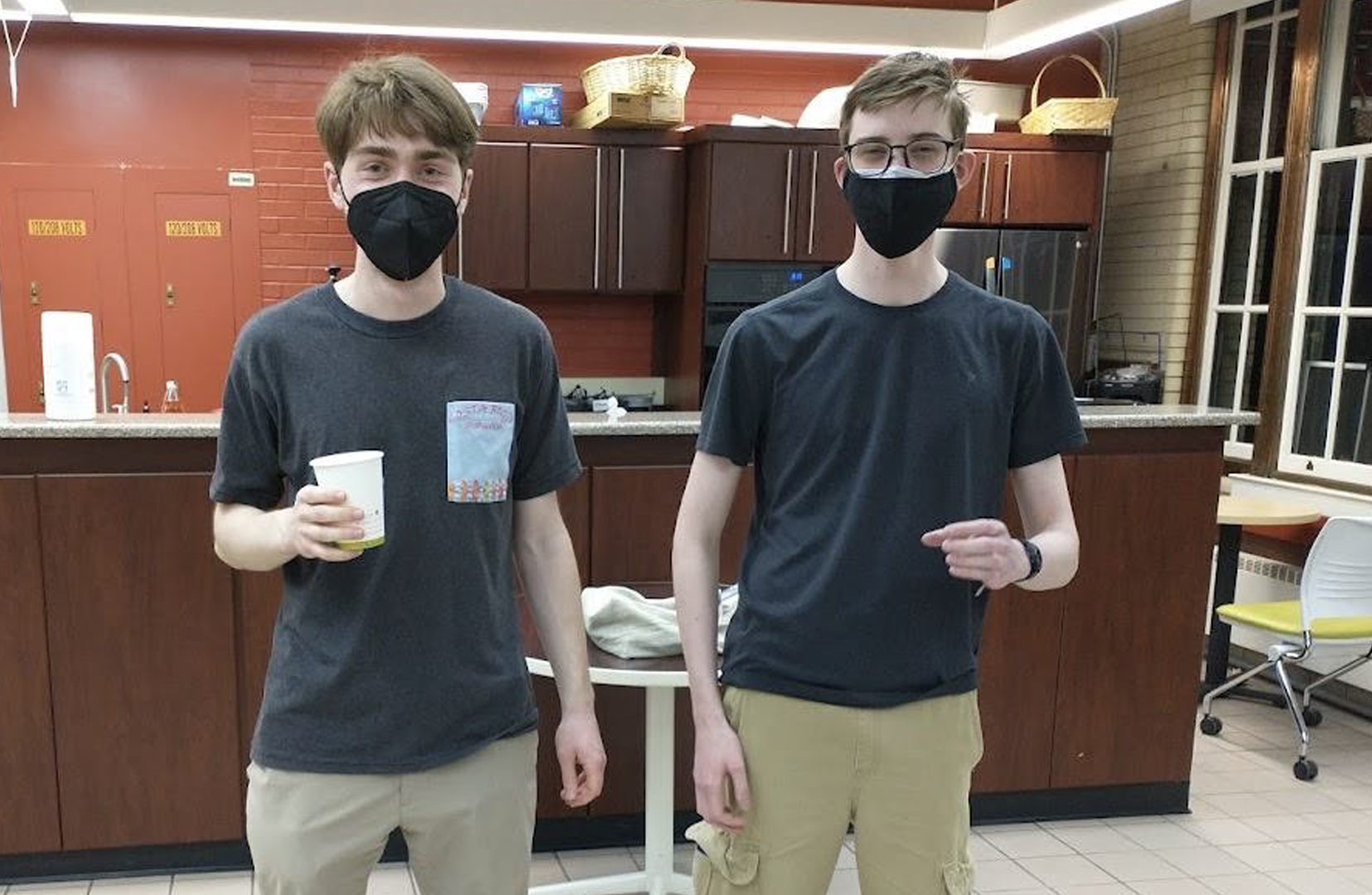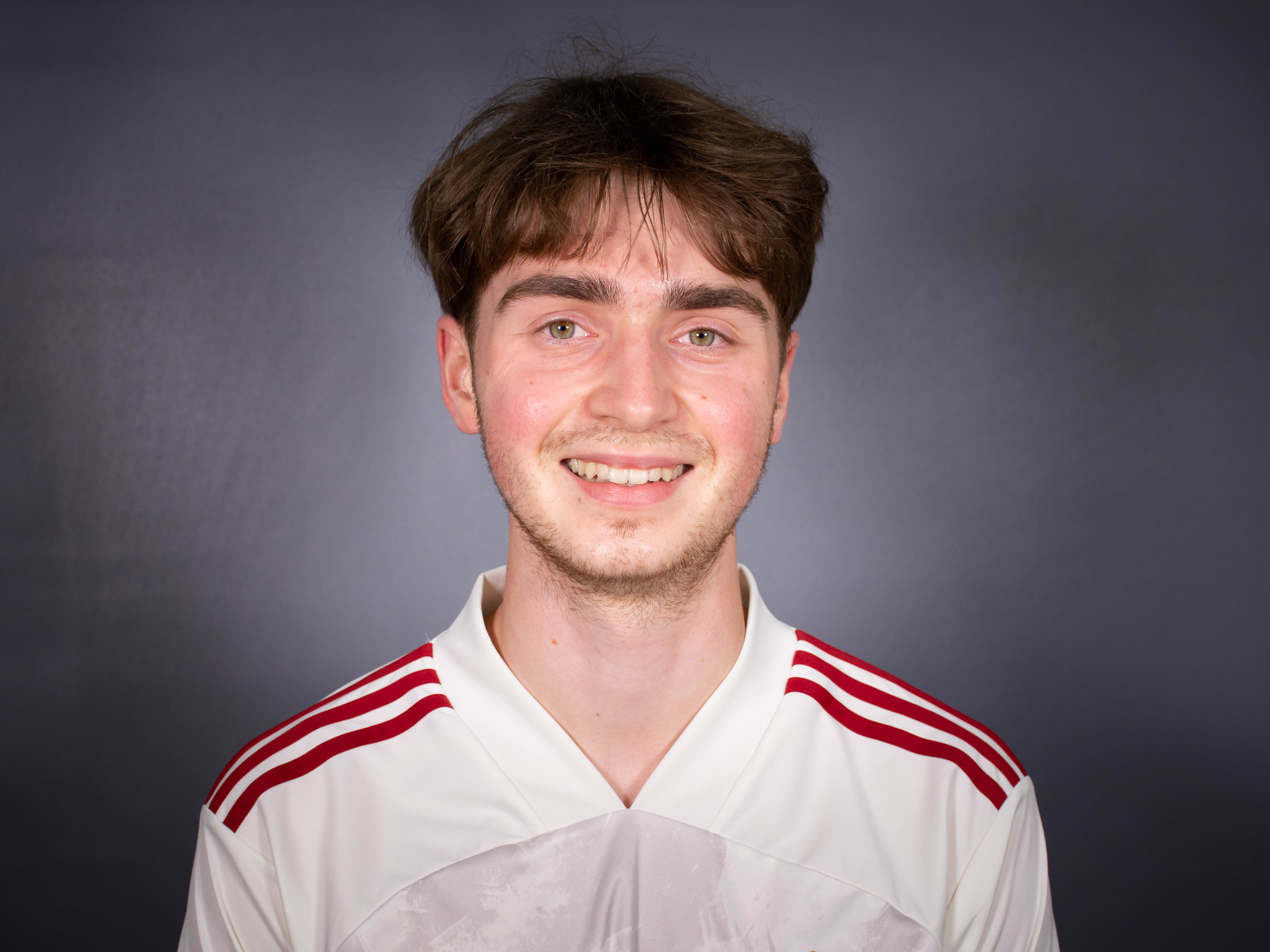
CEE Spotlight: Nicolas Bosquet
By CEE DEI Committee
Hometown/County: Washington, D.C., USA
What drew you to Civil and Environmental Engineering?
I have always been interested in buildings and infrastructure. I have this really specific memory where I wrote that I wanted to be an “arkitekt” on a kindergarten worksheet. The part of my interest in Civil and Environmental Engineering that evolved over time was my passion for protecting the environment and working towards making human life more sustainable. I find cities that implement natural features into the urban environment seamlessly fascinating.
How did/does your identity influence your decision to pursue engineering/STEM?
I am an EnvE major with an additional EPP major and a minor in Global Engineering, and while that is a mouthful to say, it is important to point out because of how related this combination is to my life. Before learning more about what my father did for work, I was much more into general urbanization and construction. His work is related to funding sustainability efforts in developing countries, and I believe that this influenced me a lot.
I have shifted my interests from that urban development aspect to more of one regarding the balance of nature. Additionally, my mother is a reporter for NPR, so global issues and public policy have always been major points of discussion in my household. I think my track at CMU blends my influences well.
How did your lens on diversity, equity, and inclusion take shape both as you grew up and as you entered adulthood and academia?
Growing up in Washington, DC, I was exposed to a very international community and was fortunate enough to meet people from many different backgrounds. This allowed me to gain perspective on different cultures. I love learning about the world through other people’s experiences, and CMU is a perfect place to do that.
Furthermore, I spent the last summer in France at an international organization called ITER where I was able to work on a multinational team. It was cool to see how citizens of countries that do not always get along, like Russia, China, and the United States, were able to come together and innovate for the good of the planet. I have great memories of my hangouts with other interns where we compared our lived experiences and taught each other about our cultures.
What positive experiences have you had at CMU that you would hope others would have?
It may sound cheesy but I feel like I have had great experiences all around and have been able to truly explore all of my interests, both in the academic and recreational sense. The CEE department has a great group of people and my best friends at CMU are in the department. The community we have makes college life so much more enjoyable. I also play soccer and squash and run an intramural CoEd soccer team called “The AvEnvEs.” Being able to continue these passions has been awesome.
In your position as a student, how do you advocate for inclusion?
I tend to not shy about speaking up and giving my opinion in a discussion, but I also make sure to bring others into the conversation. I know how important it is to give everyone a chance to share their perspective because diversity makes teams stronger. When it comes to an international team, like the one we had at ITER, or a generally international community, like we have at CMU, I recognize that giving non-native English speakers the time they need to share their ideas is imperative, so I try to foster a welcoming environment in the classroom.
Do you have any advice for incoming (students, faculty, or staff)?
I would suggest trying to broaden your horizons and taking advantage of the diverse community that we have here to learn about different parts of the world. New perspectives will enrich your learning experience.
